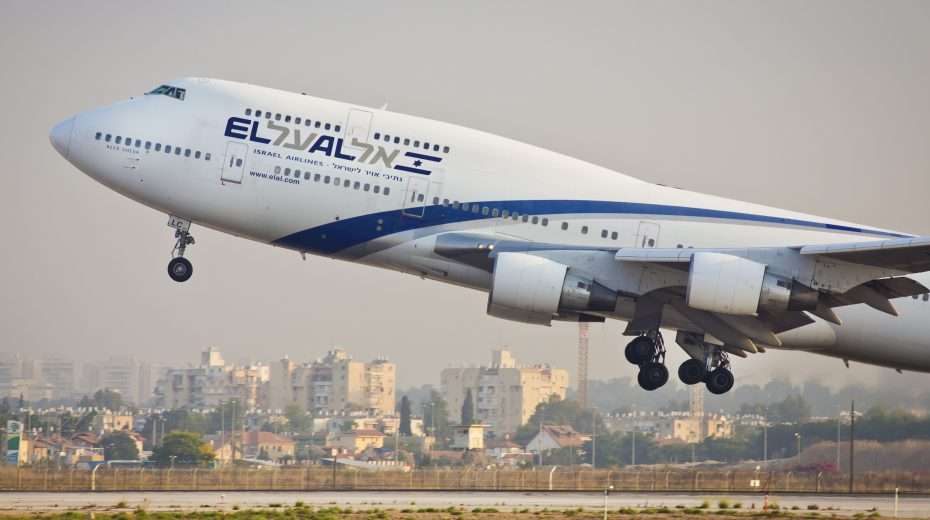Tachles: A modern Hebrew word of Yiddish origin that means “to the point.”
We all know how air travel work. After check-in and boarding, we all sit down and buckle up obediently. Everyone who flies knows this. These are strict rules. Not Jewish rules, but international air travel rules. All airline passengers must be seated and buckled before the aircraft begins taxiing. Normal security precautions for every airline. And if someone has forgotten something in the luggage compartment above their seat and wants to quickly dig it out while taxiing to the runway, the stewardess will sternly ask this passenger to sit down. However, once Shabbat arrives, security rules become invalid.
That happened on one of our recent flights back in November. It was a Friday morning. EL AL flight LY386 from Rome to Tel Aviv. Officially scheduled to depart at 10:10 a.m., but the flight was delayed. It was almost 11 a.m., Italy time. All passengers were frantically ushered onto the plane during boarding and were repeatedly told in Hebrew and English to sit down and fasten their seat belts. Then the captain spoke to his team from the cockpit and said to close the door, we have to depart and take off. “Prepare the cabin for take-off,” instructed the captain. And then suddenly the plane began to roll while we were still standing. “Oops, what’s going on here?” I thought. The entire aisle from front to back was still full of standing passengers who were either looking for their seats or space for their hand luggage in the overhead compartment. The pretty stewardesses stood between us and tried in vain to help us. And the plane rolled and rolled. The captain accelerated and called back into the microphone to prepare the cabin for takeoff.
Only a few seconds before the plane lifted off, with a usual angle of ascent of about 20°, all the passengers sat nicely and buckled in their seats. Wow, that can’t be true. EL AL violated its own flight rules? The poor stewardesses lacked the words to explain the situation. They just apologized. “All because of the Shabbat,” we heard voices around us. “In order to land in Israel in time for Shabbat, the security of the passengers is compromised.” Another added: “That happens when religion rules.” A devout Jew responded with: “Nothing happened. It’s Shabbat in a few hours.” That’s right, Shabbat will arrive in Israel in about five hours, and the flight time from Rome to Tel Aviv is three-and-a-half hours with no tailwind. And according to Israeli time, we took off at 12 noon, so we land in Tel Aviv at about 3:30 p.m.
Israeli planes are not allowed to fly on Shabbat and Jewish holidays and must be in Tel Aviv about two hours before Shabbat arrives. Among other things, the Orthodox passengers must also be taken into account, given that they (and everyone else) still have an hour or two to drive home from Tel Aviv. The Orthodox passengers among us defended the Shabbat, while the others criticized the way things were done on the plane.
And in this way, the incident on flight LY386 reflects Israeli society and politics. It illustrates how religion determines life in the country. Either you understand that or you don’t. What characterizes the Jewish state of Israel are Jewish religious regulations, which are based on the biblical commandments and prohibitions. The Shabbat must not be desecrated. This is what God commanded His people at Mount Sinai. And this was clearly expressed in the EL AL flight from Rome to Tel Aviv.
Of course, one can argue about whether God meant it that way or not. The point is that Israel is not like any other nation. Again and again we see this demonstrated. And with the present make-up of Israel’s new governing coalition under Benjamin Netanyahu, Jewish religious law and tradition could play an even bigger role in the lives of all Israelis for the foreseeable future. But who knows, they might surprise us, too.
When we landed, everyone clapped happily and wished one another a “Shabbat Shalom.” A small, brief episode, but one that can tell you a lot about Israeli society and politics.














